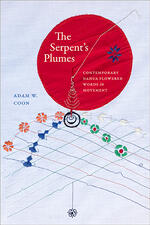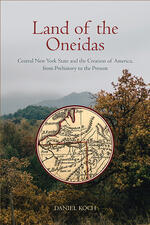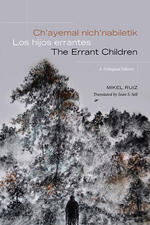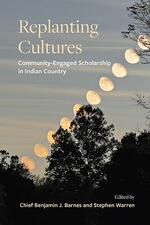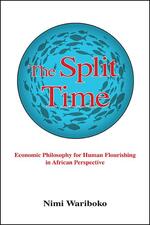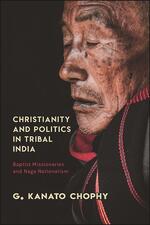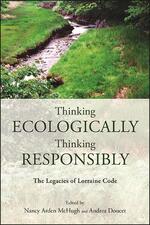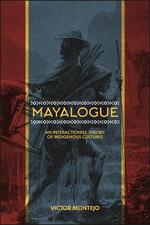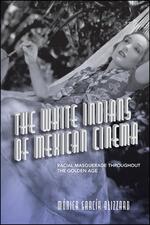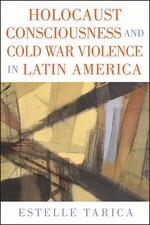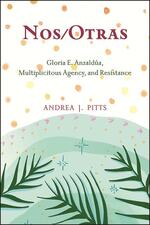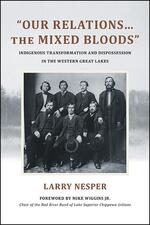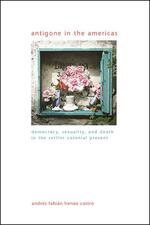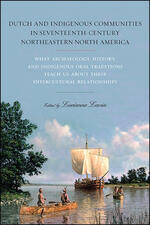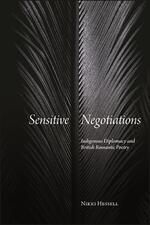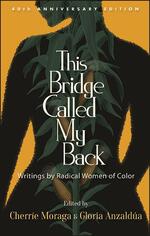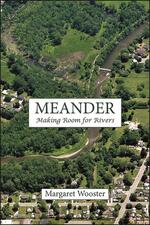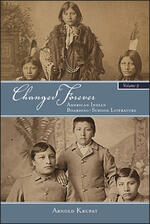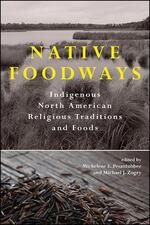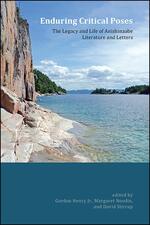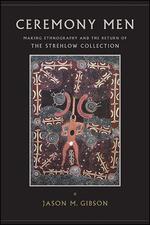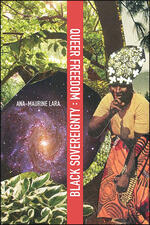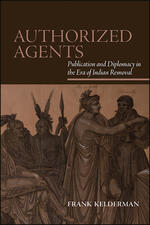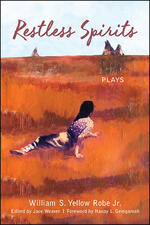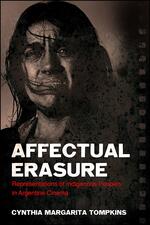Indigenous Studies
The Serpent's Plumes
Draws on Nahua concepts to explore Nahua literary production and contributions to cultural activism from the 1980s to the present.
Land of the Oneidas
Presents the history of central New York State from the Ice Age to the present day.
Ch’ayemal nich’nabiletik / Los hijos errantes / The Errant Children
A bold and unflinching portrayal of contemporary Maya life in Chiapas, Mexico.
Replanting Cultures
Provides a theoretical and practical guide to community-engaged scholarship with Indigenous peoples in the United States and Canada.
The Split Time
Aims to construct an economic philosophy from indigenous African thought.
Christianity and Politics in Tribal India
Chronicles the astonishing and counterintuitive spread of Christianity among a group of previously isolated tribes in a remote and hilly part of Northeastern India.
Thinking Ecologically, Thinking Responsibly
Engages and extends the feminist philosopher Lorraine Code’s groundbreaking work on epistemology and ethics.
Mayalogue
Offers a strong critique of traditional anthropological studies from an Indigenous and postcolonial perspective.
The White Indians of Mexican Cinema
Examines the filmic representation of Whiteness as Indigeneity and its role in mediating racial politics in Mexico.
Holocaust Consciousness and Cold War Violence in Latin America
Examines how community leaders, writers, and political activists facing state repression in Latin America have drawn on and debated the validity of Holocaust terms to describe human rights atrocities in their own countries.
Nos/Otras
Offers a timely reconsideration of the writings of Gloria Anzaldúa, treating issues of multiplicitous agency, identarian politics, and the stakes of coalition building as core themes in the author's work.
"Our Relations…the Mixed Bloods"
Articulates the relationships between kinship, racial ideology, mixed blood treaty provisions, and landscape transformation in the Great Lakes region.
Antigone in the Americas
Argues for a decolonial reinterpretation of Sophocles’ classical tragedy, Antigone, that can help us to rethink the anti-colonial politics of militant mourning in the Americas.
Dutch and Indigenous Communities in Seventeenth-Century Northeastern North America
Examines the significant impact of Dutch traders and settlers on the early history of Northeastern North America, and their relationships with its Indigenous peoples.
Sensitive Negotiations
Examines how Indigenous figures used British Romantic poetry in their interactions with settler governments and publics.
This Bridge Called My Back, Fortieth Anniversary Edition
Fortieth anniversary edition of the foundational text of women of color feminism.
Meander
Draws on the author's own experiences as a watershed planner, teacher, and activist to tell the story of the Great Lakes region's experiment in restoring a complicated natural system of flowing water.
Changed Forever, Volume II
The second volume of the first in-depth study of a range of literature written by Native Americans who attended government-run boarding schools.
Native Foodways
Explores the interplay of religion and food in Native American cultures.
Enduring Critical Poses
A celebration of Anishinaabe intellectual tradition.
Ceremony Men
Rethinks the role of Indigenous and non-Indigenous interactions in the production of ethnographic museum collections.
Queer Freedom : Black Sovereignty
Evocative, innovative ethnography of spiritual practices and forms of queer, black, and indigenous life in the Dominican Republic.
Authorized Agents
Examines the relation between Indian diplomacy and nineteenth-century Native American literature.
Restless Spirits
A collection of plays by American Indian playwright William S. Yellow Robe Jr.
Affectual Erasure
Comprehensive examination of how Indigenous peoples have been represented in Argentine film.
